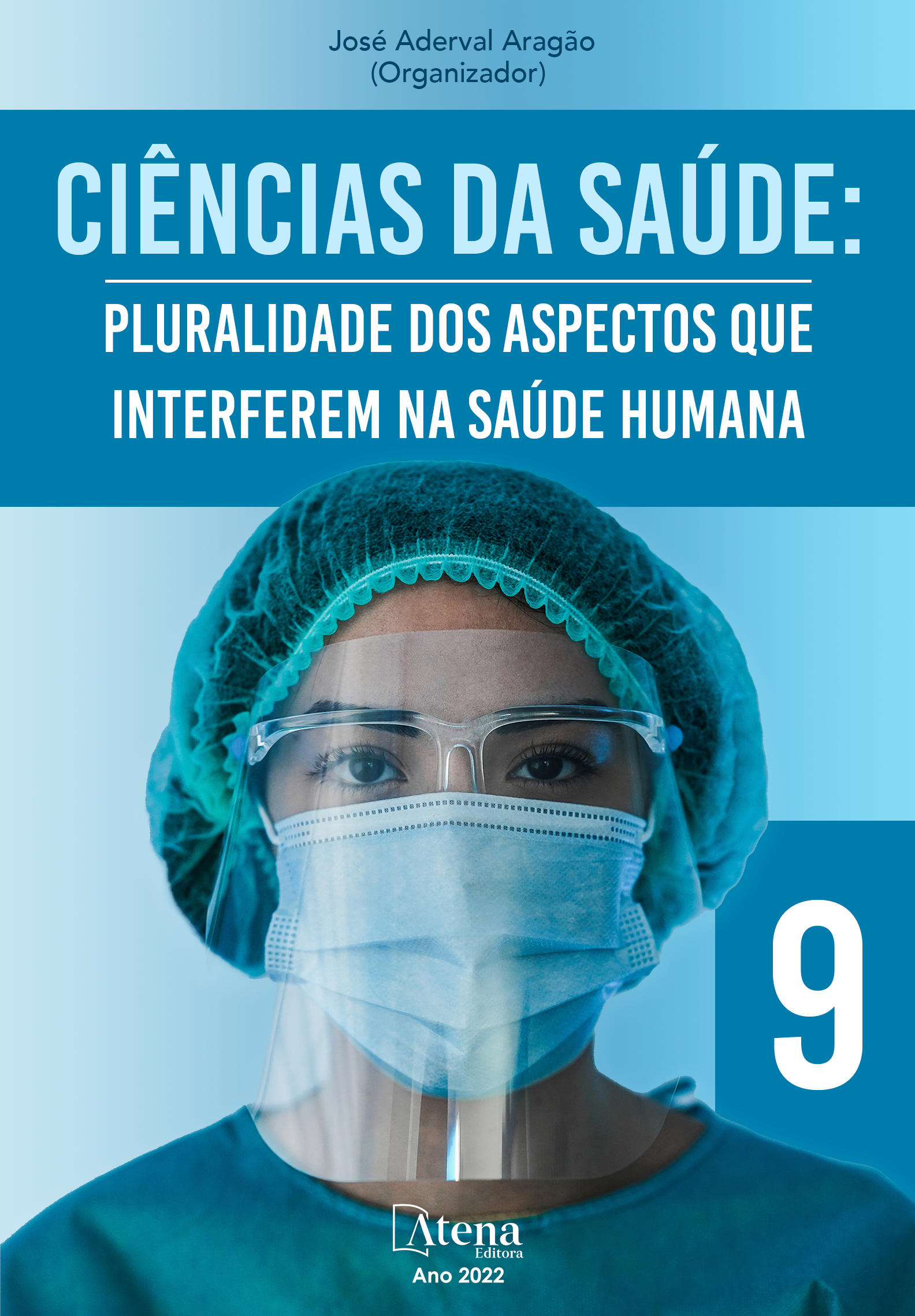
HIPERTENSÃO: CONDUTA NA CRISE HIPERTENSIVA
OBJETIVO: Evidenciar a importância de uma conduta sistematizada no atendimento ao paciente com crise hipertensiva, bem como o seguimento desses pacientes ao tratamento. MÉTODOS: Consiste em uma revisão de literatura sobre a conduta terapêutica em episódios de emergência hipertensiva. Foram selecionados artigos nas bases de dados LILACS, PUBMED, MEDLINE e SCIELO. Considerou-se estudos publicados entre 2015 e 2021. Houve uma seleção criteriosa no que diz respeito às obras utilizadas para o desenvolvimento desta revisão, com os descritores utilizados de modo associado e isolado, os quais foram: "Hipertensão", "Condutas terapêuticas" e "Emergências", em inglês, português e espanhol e indexados na Biblioteca Virtual em Saúde (BVS Brasil). RESULTADOS: A Hipertensão Arterial Sistêmica (HAS) pode ser caracterizada por uma súbita elevação da pressão arterial (PA), normalmente quantificada quando a pressão diastólica está acima de 120mmHg. É estimado que as crises hipertensivas afetam cerca de 1% da população brasileira, o que representa mais de 360.000 dos pacientes hipertensivos. A crise hipertensiva (CH) pode ser classificada de duas formas: em urgência hipertensiva (UH), quando não há nenhum órgão alvo lesionado; e emergência hipertensiva (EH), quando há lesão em órgãos alvo e risco de vida. CONSIDERAÇÕES FINAIS: A Hipertensão Arterial Sistêmica além de ter elevada prevalência atualmente, representa uma patologia extremamente prejudicial a população global, uma vez que coloca a vida do doente em risco. Dessa forma, o tratamento da hipertensão arterial sistêmica (HAS) abrange inúmeros fatores, acrescentando: mudanças no estilo de vida, incluindo a diminuição do consumo de sódio, realização de atividades físicas e manejo do peso adequado, além de adição de fármacos anti-hipertensivos. Ainda, a adoção de uma conduta sistematizada atinge diretamente a sobrevida do paciente, uma vez que facilita na estratificação do quadro e por consequência, diminui as chances de erro no tratamento escolhido, o que é de grande impacto nas possíveis complicações do indivíduo hipertenso.
HIPERTENSÃO: CONDUTA NA CRISE HIPERTENSIVA
-
DOI: 10.22533/at.ed.41422140213
-
Palavras-chave: Hipertensão; Condutas Terapêuticas; Emergências
-
Keywords: Hypertension; Therapeutic Approaches; Emergencies
-
Abstract:
OBJECTIVE: To demonstrate the importance of a systematic approach in the care of patients with hypertensive crisis, as well as the follow-up of these patients to treatment. METHODS: It consists of a literature review on the therapeutic approach in hypertensive emergency episodes. Articles were selected from the LILACS, PUBMED, MEDLINE and SCIELO databases. Studies published between 2015 and 2021 were considered. There was a careful selection regarding the works used for the development of this review, with the descriptors used in an associated and isolated way, which were: "Hypertension", "Therapeutic conducts" and "Emergences", in English, Portuguese and Spanish and indexed in the Virtual Health Library (BVS Brasil). RESULTS: Systemic Arterial Hypertension (SAH) can be characterized by a sudden increase in blood pressure (BP), usually quantified when the diastolic pressure is above 120mmHg. It is estimated that hypertensive crises affect about 1% of the Brazilian population, which represents more than 360,000 of hypertensive patients. Hypertensive crisis (HC) can be classified in two ways: hypertensive urgency (HU), when there is no injured target organ; and hypertensive emergency (HE), when there is damage to target organs and risk of life. FINAL CONSIDERATIONS: Systemic Arterial Hypertension, besides having a high prevalence today, represents an extremely harmful pathology to the global population, as it puts the patient's life at risk. Beside, the treatment for systemic arterial hypertension involves multiple factors, including: lifestyle changes, like the reduction of sodium intake; physical activities and adequate weight control, as well as the use of anti hypertensive medication. Thus, the adoption of a systematic approach directly affects the patient's survival, as it facilitates the stratification of the condition and, consequently, reduces the chances of error in the chosen treatment, which has a great impact on the possible complications of the hypertensive individual.
-
Número de páginas: 12
- Thayla Maine Fiuza Guimarães Soares
- Sílvia Mattos Cardoso Rocha
- Sarah Lima Fernandes Ribas
- Paloma Aparecida Matos
- Nathan dos Santos Rodrigues
- Michelly Pires da Cruz Rivelini
- Maria Clara Vieira Clemente
- Karina Monique Santos
- Bruna Cristina Hey
- André Luiz Caramori Tondo
- Alessandra Lika Bacelar Horita
- Stella Caron Pessa
- Marcos Filipe Chaparoni de Freitas Silva


